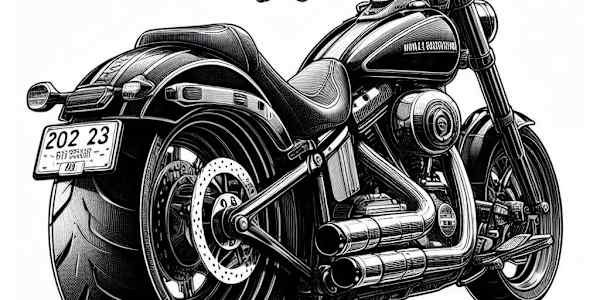In Divorced Virgin, Evan Cutler offers readers an unfiltered look into the deeply personal and tumultuous experience of navigating a contentious divorce. Part memoir and part reflection, this book stands out for its raw honesty and willingness to delve into the painful, often overlooked realities of the end of a marriage. With sharp wit and candid prose, Cutler recounts the highs and lows of his journey, inviting readers to witness his emotional and legal battles and his search for closure and renewed connection.
The narrative is structured around key moments in Cutler's post-divorce life: legal entanglements, moments of self-reflection, and the evolving relationship with an old friend that offers a beacon of hope amidst the chaos. Cutler's prose is strikingly direct, often wielding humour to temper the gravity of his subject matter. His reflections on bureaucracy and the frustrations of navigating court systems, especially during the challenges of the COVID-19 pandemic, are both relatable and incisive. These elements make the memoir feel timely and relevant, illuminating how systemic inefficiencies exacerbate personal struggles.
Where Divorced Virgin truly shines is in its unflinching portrayal of vulnerability. Cutler does not shy away from presenting himself as a flawed individual, lends the narrative a sense of authenticity. He quickly acknowledges moments where his own decisions may have contributed to his challenges, providing readers with a balanced perspective on the unfolding events.
However, the memoir is not without its shortcomings. Cutler's tongue-in-cheek tone may alienate some readers, particularly when discussing those he perceives as adversaries. The antagonists in his story are painted with broad strokes, occasionally veering into caricature. While this approach adds an element of humour, it may detract from the complexity and nuance of the relationships described.
The inclusion of legal documents and procedural analyses—though unique—can sometimes slow the narrative’s momentum, especially for readers unfamiliar with legal jargon. Yet, these elements also distinguish the book, offering a rare behind-the-scenes look at the intricacies of divorce proceedings.
Overall, Divorced Virgin is a compelling exploration of resilience, self-discovery, and the messy, often painful process of rebuilding a life after loss. Cutler’s ability to balance humour with heartfelt introspection ensures that his story will resonate with readers who have faced similar challenges or are simply drawn to narratives of personal growth. While the book may not appeal to those seeking a lighthearted or romanticized portrayal of post-divorce life, it is a valuable and thought-provoking contribution to the memoir genre.
Rating: 5 out of 5 stars
This book will appeal to readers of memoirs who appreciate raw honesty, self-awareness, and a touch of dark humour in navigating life’s most difficult transitions.




